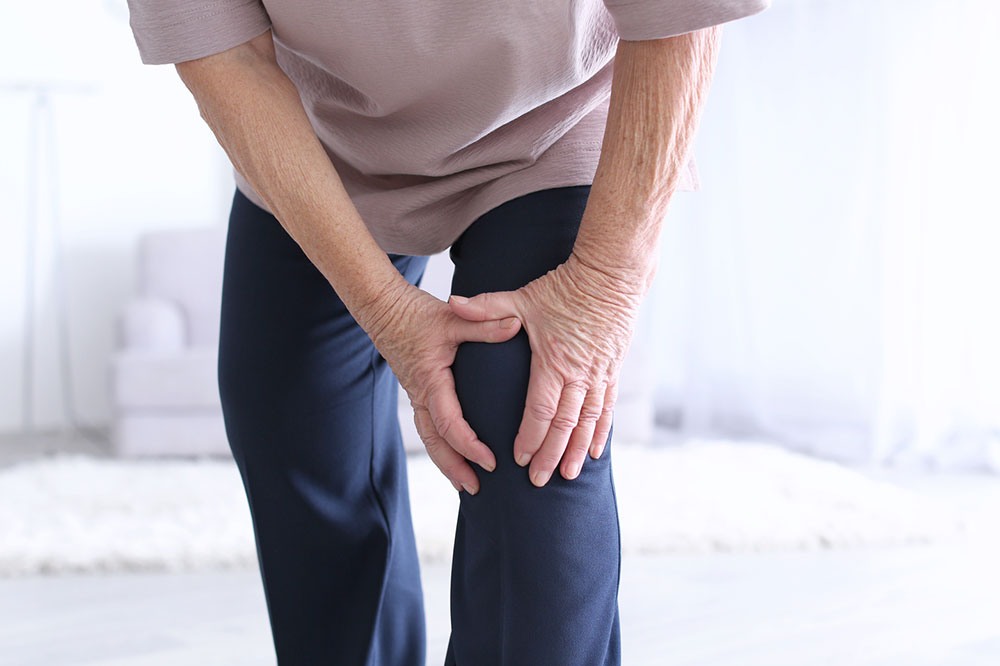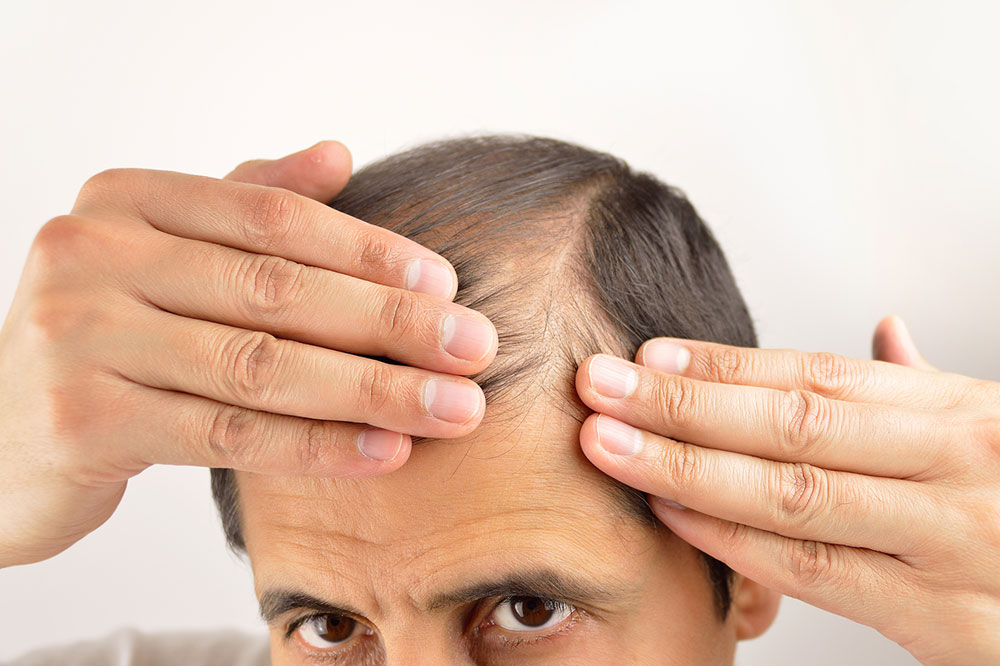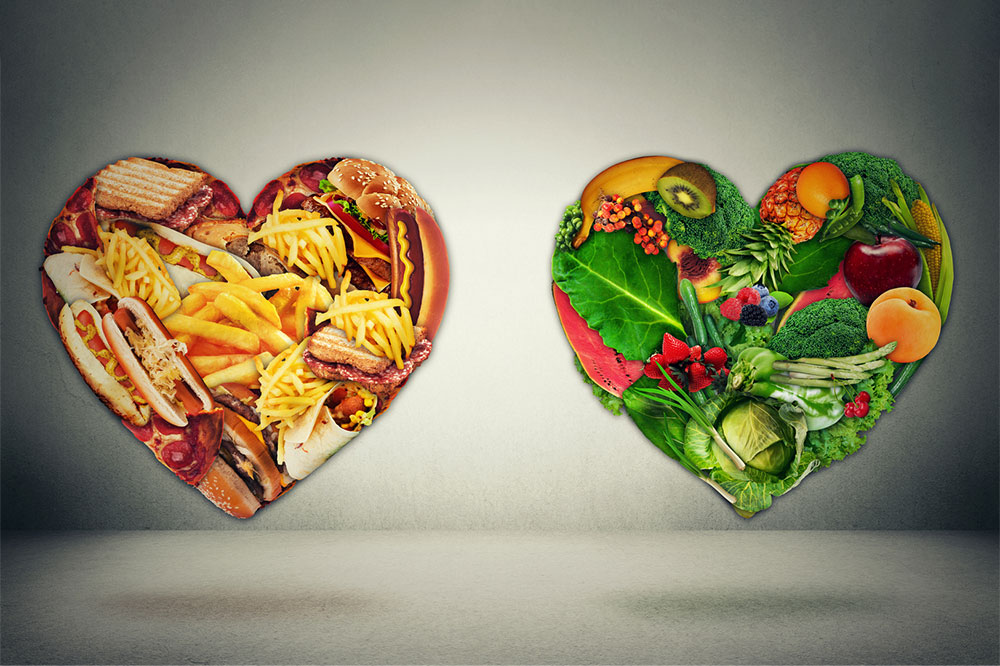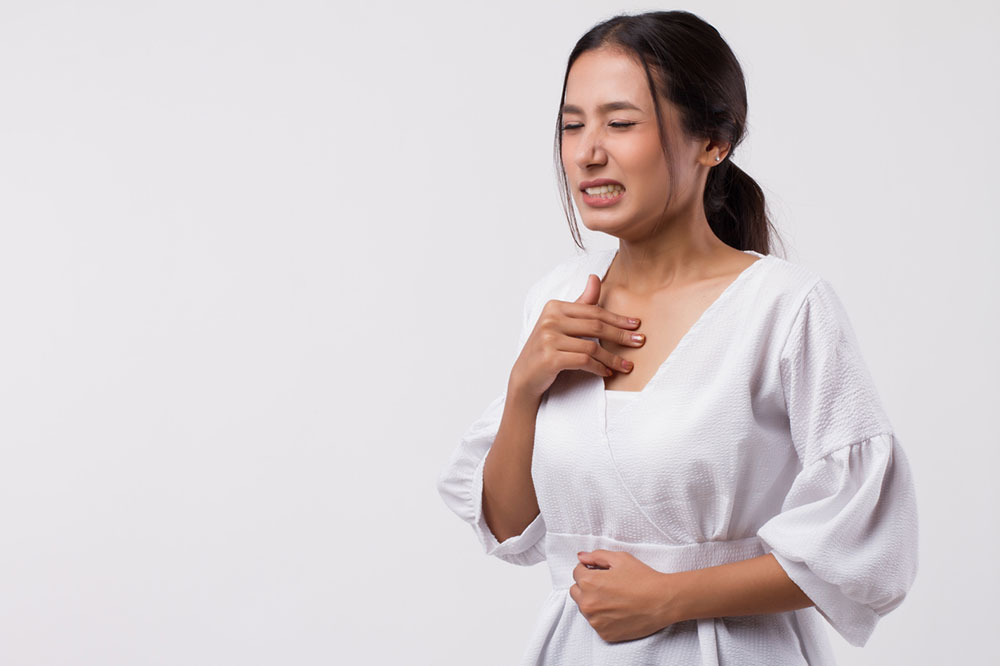10 warning signs of high cholesterol to look out for
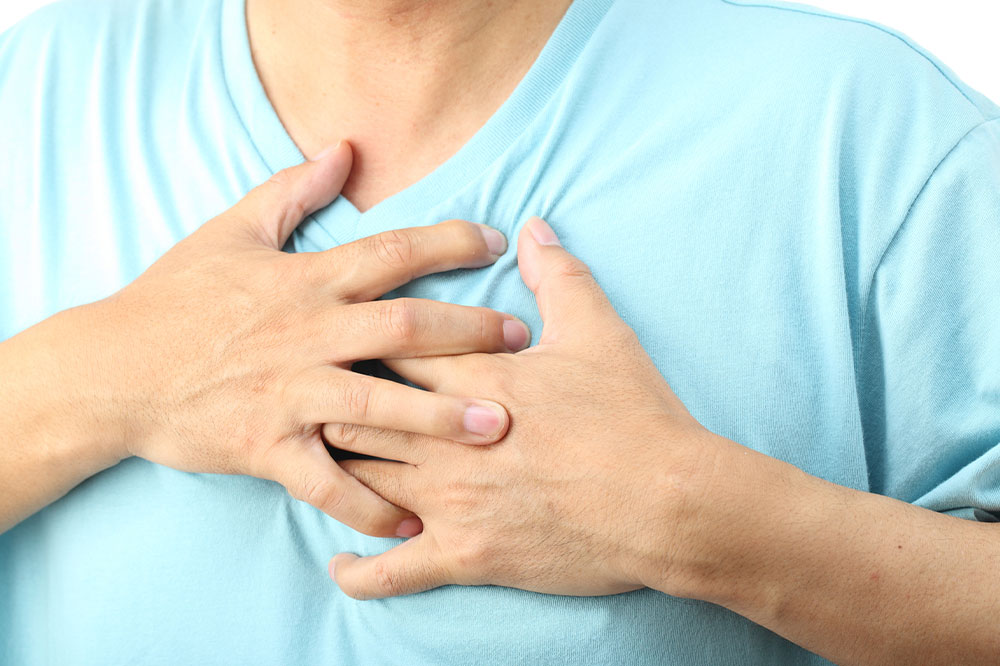
High cholesterol is a common condition that can increase your heart disease and stroke risk. It occurs when excessive cholesterol is in your blood, which can lead to buildup in your arteries. This can narrow your arteries and restrict blood flow to your organs, leading to serious health problems. This article will discuss the early signs of high cholesterol and let you take steps to prevent and manage this condition.
Chest pain
Chest pain is among the most common early signs of high cholesterol, often accompanied by shortness of breath, sweating, or lightheadedness. This occurs when cholesterol buildup in the arteries reduces blood flow to the heart, causing chest pain or discomfort. Chest pain can also be described as pressure, tightness, or squeezing in the chest.
Numbness or tingling sensation
High cholesterol can also cause a numbness or tingling sensation in the hands and feet. The high cholesterol content in the arteries constricts the blood supply, resulting in nerve damage. A similar sensation is often felt by a burning or prickling feeling.
Headaches
Headaches can be a sign of high cholesterol, particularly if they are severe or frequent and, most of the time, lead to dizziness or lightheadedness. So, frequent headache episodes because of high cholesterol might call for a doctor’s intervention.
Fatigue
Fatigue is also one of the common signs of high cholesterol, resulting from decreased oxygen supply to the muscles and tissues because of restricted blood supply. Fatigue is often accompanied by weakness or lack of energy.
Digestive issues
High cholesterol can cause digestive problems such as bloating, constipation, diarrhea, nausea, or vomiting. In addition, the doctor might provide some treatment options that can help maintain normal cholesterol levels and cure digestive issues.
Yellow bumps
Yellow bumps or growths on the skin, particularly around the eyes, can indicate high cholesterol. These bumps, called xanthomas, are caused by cholesterol buildup in the skin. Yellow bumps can also appear on other body parts, such as the elbows, knees, or buttocks.
Shortness of breath
Shortness of breath can be a sign of high cholesterol, particularly during physical activity. This occurs when cholesterol buildup in the arteries results in lower blood flow to the lungs, bringing chest pain or discomfort.
Vision problems
High cholesterol can also affect vision, particularly if it leads to the formation of cataracts. Cataracts are a clouding of the lens of the eye, which can cause blurry or dim vision. Vision problems can make one sensitive to light or make them see halos around them.
Swollen feet or ankles
Swollen feet or ankles can indicate high cholesterol, particularly if it is accompanied by pain or discomfort. This pain is often a result of low blood supply to the body’s lower extremities. Swollen feet or ankles are caused due to fluid retention and can sometimes lead to aching or cramping.
Skin rash
High cholesterol can cause a skin rash, particularly around the groin or on the hands and feet. In addition, skin rashes that do not have anything to do with environmental triggers might result from improper blood or nutrient supply to skin cells.

